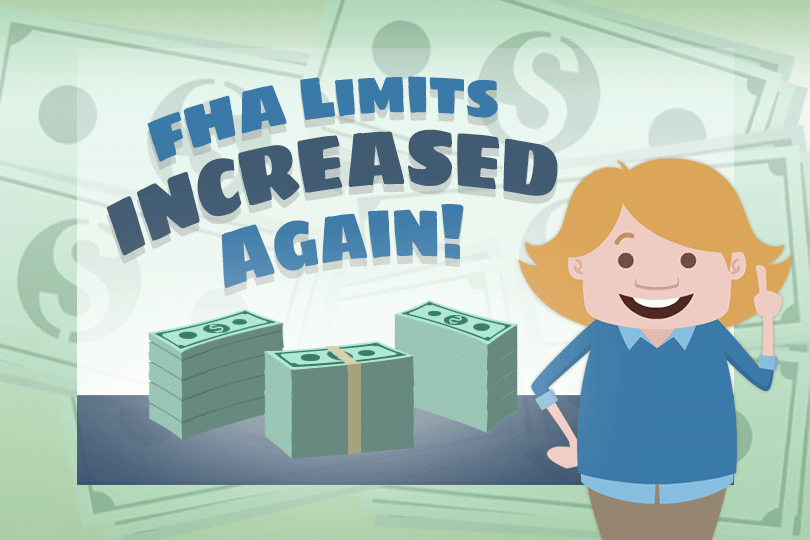Why Do FHA Loans Have Borrowing Limits?
October 14, 2023
FHA loan limits serve as a crucial mechanism to balance financial sustainability, regional variations in housing costs, and the agency's mission to promote homeownership, particularly for those with limited financial resources.
Financial Stability
FHA is a government agency that provides mortgage insurance to lenders, allowing them to offer loans with lower down payment requirements and more flexible credit criteria. If a borrower defaults on their FHA mortgage, the government steps in to protect the lender. To maintain the financial stability of the FHA program, the agency sets loan limits to prevent excessive risk exposure. These limits help ensure that FHA can cover potential losses if a default occurs.
Protecting Taxpayer Funds
FHA operates with the backing of the U.S. government, and its insurance program is funded by both premiums paid by borrowers and the backing of taxpayer funds. Loan limits exist to help ensure that the fund remains adequately capitalized to cover claims without relying heavily on taxpayers.
Regional Housing Costs
Housing costs can vary significantly across the United States and loan limits are adjusted to reflect regional variations. Major cities and expensive real estate markets will have higher FHA loan limits to help borrowers access affordable financing. As one might expect, areas with lower housing costs have lower loan limits.
Promoting Homeownership
The FHA was created to facilitate homeownership for lower- and moderate-income individuals and families. By setting loan limits, the FHA can target its support to those who might not otherwise qualify for conventional financing so they can purchase homes in markets with affordable housing options.
Loan limits are updated annually to reflect changes in housing costs and market conditions. It's important to note that the specific loan limits can vary by county or metropolitan area. Borrowers looking to utilize FHA loans should check the current loan limits in their area to determine the maximum loan amount they can qualify for.
------------------------------
RELATED VIDEOS:
Home Equity Can Secure Your Second Mortgage
Consider the Advantages of Discount Points
FHA Limits are Calculated and Updated Annually

FHA Loan Articles
September 19, 2023The FHA Handbook serves as a crucial resource for mortgage lenders, appraisers, underwriters, and other professionals involved in the origination and servicing of FHA-insured home loans. It outlines the policies and requirements for FHA-insured mortgages.
September 13, 2023FHA rehab loans are a specialized type of mortgage loan offered by the Federal Housing Administration that allows borrowers to finance both the purchase or refinance of a home and the cost of needed repairs.
September 8, 2023Borrowers considering an FHA loan should be familiar with some basic loan terminology. These loans are popular among first-time homebuyers and those with lower credit scores because they often offer more flexible eligibility requirements and lower down payment options.
September 2, 2023You may have heard the terms co-borrower and cosigner in connection with your FHA loan process, but aren't sure about the distinction. Both a co-borrower and a cosigner can help a primary borrower qualify for a mortgage, but they have different roles and responsibilities.
August 27, 2023The Federal Housing Administration has specific credit requirements and guidelines for borrowers looking to buy or refinance homes with an FHA loan. In addition to what FHA guidelines state, lenders may have more stringent requirements that may vary from one lender to another.







